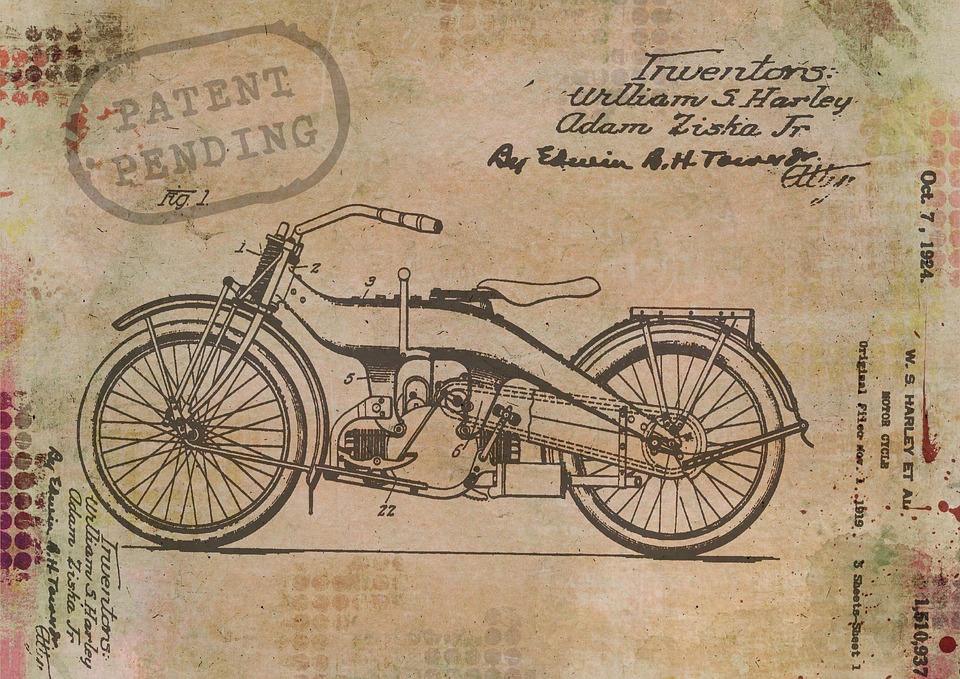Profit from Your Idea with a Patent

A patent can be taken out on almost any new implementable idea. It is not just about protecting your idea. Your patents are part of your Intellectual Property (IP) and can be valuable assets. Often a start-up company will be bought for its IP rather than its products or sales revenues. Here are some tips on patents.
- You do not need a working prototype before a patent application is filed. The application has to explain in detail how the new idea would work. It must be clear what is fresh and inventive in the proposal. Drawings or diagrams often help.
-  Consider and include all potential applications of the idea – not just the ones in the area in which you are focused. You want the grant to be as broad as possible.
-  Keep your ideas secret. Do not disclose any details publicly before you file your patent application.
-  Patent landscaping is a process of determining which patents are in place or pending in a particular area. It is carried out by experts and is essential before you commit signficant efforts of new research. It can identify competitors and opportunities as well as help you to avoid an expensive mistake.
- Â Use the patent landscape study to find patents you can licence for the technology you require.
-  Patents can take a long time to grant – up to six years in some countries. However, the patent gains its power from the date it is filed, not the date it is granted. A pending patent is valuable.
-  Some matters are excluded from patents – for example business methods are excluded in the UK – but not in the US. If you are not sure discuss your idea with a patent attorney.
-  File first in the USA. In the USA you have the option of non-publication which keeps your idea secret until the patent granted. No other country offers this. The European patent office and those of other major countries view a US patent filing as a valid priory filing for their own purposes.
-  It can be a good idea to hold your IP in a separate company from your main business. That way if you encounter financial difficulties your IP is protected from the claims of creditors.
- Â You can take out IP defence insurance to indemnify you from damages and legal expenses from alleged infringement of IP.
Based on tips and ideas in the book, The Innovation Handbook, Editor Adam Jolly, Publisher Kogan Page.
Wait! Before you go…
Choose how you want the latest innovation content delivered to you:
- Daily — RSS Feed — Email — Twitter — Facebook — Linkedin Today
- Weekly — Email Newsletter — Free Magazine — Linkedin Group
 Paul Sloane writes, speaks and leads workshops on creativity, innovation, and leadership. He is the author of The Innovative Leader and editor of A Guide to Open Innovation and Crowdsourcing, published both published by Kogan-Page. Follow him @PaulSloane
Paul Sloane writes, speaks and leads workshops on creativity, innovation, and leadership. He is the author of The Innovative Leader and editor of A Guide to Open Innovation and Crowdsourcing, published both published by Kogan-Page. Follow him @PaulSloane
NEVER MISS ANOTHER NEWSLETTER!
LATEST BLOGS
Credit Card Shenanigans
It must be great to be in the credit card business in the United States. Demand is relatively inelastic and regulation is lax, so you can charge whatever you want for an interest rate, increase your fees once or twice a year, and make additional money off cash withdrawals and foreign exchange transactions.
Read MoreBuilding an Experience
As people become ever more immune to traditional advertising and marketing, branding will become more important. Branding is all about building an emotional connection with customers. Making the decision to follow a strategy focused on building a brand is not without peril, however, as it means that you will have to choose to not do certain things, like pursue a low price strategy.
Read More- « Previous
- 1
- …
- 4,132
- 4,133
- 4,134




